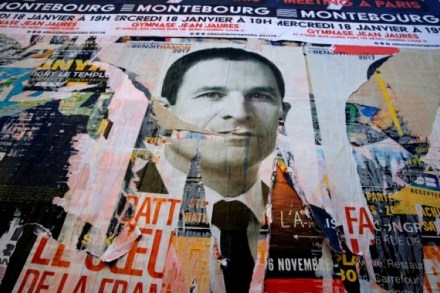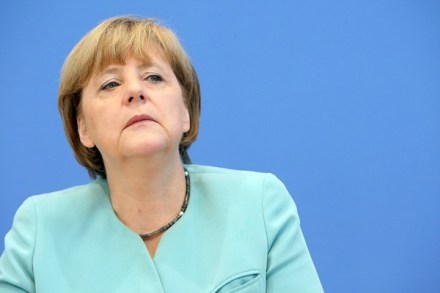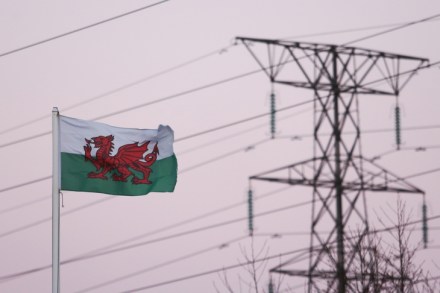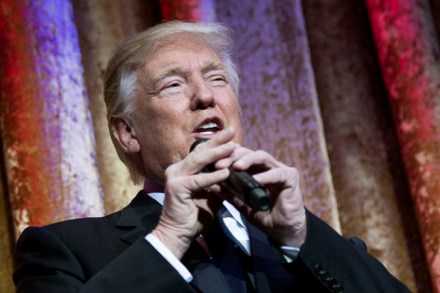High life | 26 January 2017
Gstaad The snows came tumbling down just as the camel-drivers headed back to the Gulf. In fact, they never saw the white outdoor stuff. And a good thing it was, too. The outdoor stuff makes everything look so pretty that the glitzy types might have been tempted to return. God forbid. Let them stick to the indoor white stuff. The problem with Gstaad is the local council. They remind me of the EU: they’re intransigent, short-sighted and stick to a losing game. In Brussels they keep passing more and more laws and regulations. In Gstaad, they keep putting up their prices and building more and more apartments. As a gentleman



















